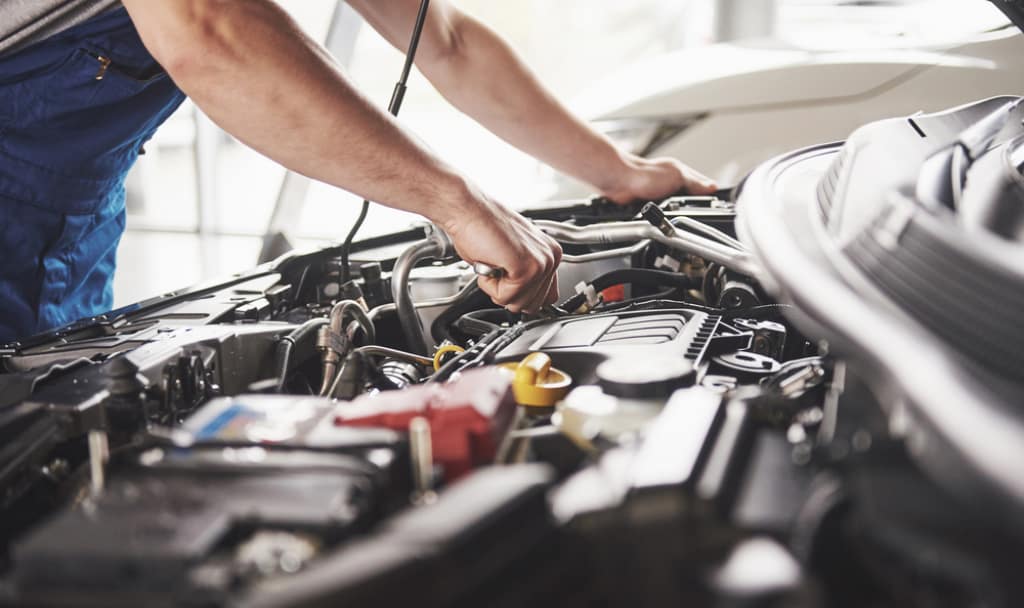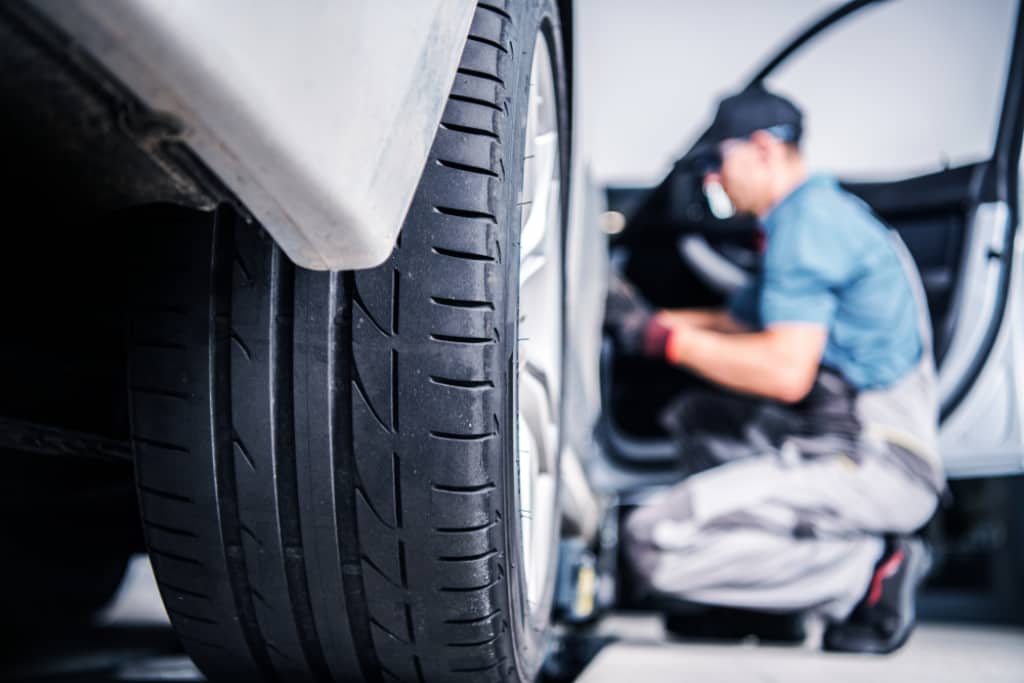Warranty vs insurance – what’s the difference?
Warranties are put in place to protect you from unexpected repair bills occurring through no fault of your own. Car insurance covers accidental damage, loss, and theft – plus any damage done to another person’s property. In the UK, having insurance on a used car is a legal requirement whereas warranties are not.
The cover provided by warranties and insurance may overlap. For example, if your steering wheel fails, you may consequently crash into another car. The cost of fixing the steering malfunction would be covered by warranty, whereas the insurance would cover the damage caused by the crash.
New car vs used car
Most new cars come with warranties as standard, but you may want to add an extended warranty once it runs out. However, this is not always the case with used cars. You can get them from a dealer when you buy the car, or from a third party provider. Dealership warranties are often more comprehensive; many are labelled ‘approved’ meaning they are backed by the manufacturer. Third party providers often offer the least comprehensive cover with trickier terms and conditions.
What would my used car be covered for?
As a rule of thumb, most warranties cover the cost of unexpected malfunction of key components like the engine, suspension, transmission, and steering. Many can cover wear and tear – some don’t – but most differ on what classes as wear and tear. This will be outlined in the terms and conditions, so it’s crucial to read this carefully.
If you’re buying an older car with higher mileage, you may struggle to find suitable warranty protection – these cars are likely to need more frequent repairs, which warranty providers may not cover. Newer cars might cost more to cover as repairs may be more specialist and complicated – eg repairing modern safety features or high-tech entertainment systems. Warranty providers may charge more to cover these costs.

Are warranties worth the money?
According to research by Green Flag, the average amount spent on car repairs annually is roughly £570 – starting from just short of £200 depending on the model. The annual cost of warranty protection ranges massively depending on the level of cover and the car itself. It’s possible that a single repair could cost hundreds of pounds more than a year’s worth of cover. But you could also find a warranty cheaper than a year’s worth of repairs. However, bear in mind it’s unlikely all repairs would be covered by your policy – so check the small print before making a decision.
Most drivers take out warranties for their own peace of mind, even if they have a reliable car. Warranties can also lessen unexpected financial strain. If you’re taking out warranty protection, it’s crucial to read the small print carefully and be fully aware of what cover you’re getting. Most warranties are different, and many can be customised to suit your requirements – but this may cost more.
Cheaper warranty protection is often limited on what cover is offered and how much you can be repaid for repairs. There are a few key terms used in terms and conditions that it’s important to be aware of:
- Consequential failure – when a part not covered by the warranty fails and causes a part that is covered
to fail. Some warranties don’t cover consequential failure. - Betterment – when a part is replaced and is better than the original. Warranties often won’t cover repairs in these circumstances, as betterment would increase the value of the car.
Other key things to consider include the claims limit, mileage limit, what constitutes as wear and tear, and what parts are covered – and under what circumstances.
Transferable warranties
Manufacturer warranties are usually transferable to new owners. If you’re buying a relatively young used car, the warranty may still be valid. Manufacturer warranties tend to last for the first three years, but some brands offer more extensive cover. This could be something to consider when searching for a used car; manufacturer warranties tend to be more comprehensive than third-party extended warranties.
Transferable manufacturer warranties
*Accurate in 2018. Some are also subject to mileage.
Seven years:
Five Years:
Four years:
Three years:
The verdict?
If you’re buying a used car and you want peace of mind, a warranty would be recommended. Newer models with high-specifications may also benefit from warranty cover, as repair costs may be pretty high. However, if your car stays free of repairs, paying for cover may be a waste of money. Putting money aside each month for unexpected repair bills may be a good alternative.






